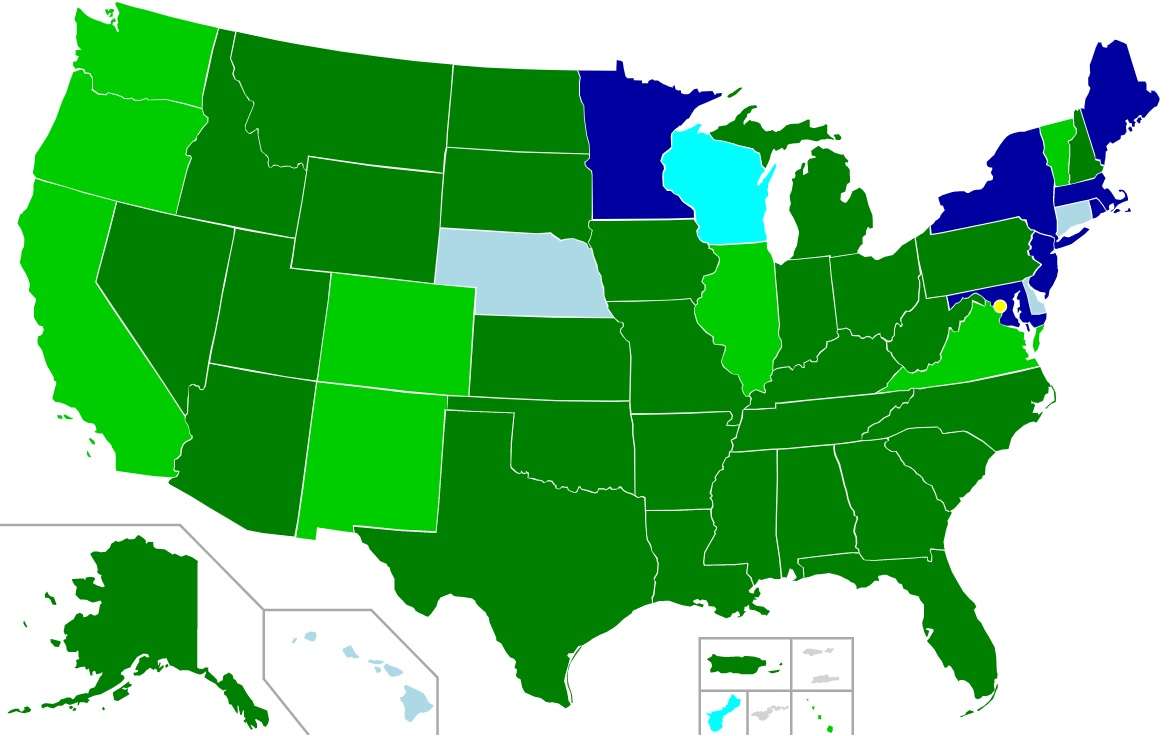“Stand your ground” laws, also known as “castle doctrine” laws, grant individuals the right to use deadly force in self-defense without the duty to retreat. These laws vary from state to state in terms of their specific provisions and requirements.

In Alaska, there is a “stand your ground” law in place. Alaska Statute 11.81.330 states that a person is justified in using deadly force if they reasonably believe that it is necessary to prevent imminent death or serious bodily harm to themselves or another person. The law also states that a person has no duty to retreat before using deadly force.

The “stand your ground” law in Alaska is relatively broad and provides individuals with a great deal of latitude to use deadly force in self-defense. However, it is important to note that the law does not give individuals the right to use deadly force in all situations. For example, a person cannot use deadly force to defend property alone.

Additionally, the “stand your ground” law in Alaska does not eliminate the requirement for individuals to act reasonably. If an individual uses deadly force in self-defense, they must be able to demonstrate that they reasonably believed that it was necessary to prevent imminent death or serious bodily harm.
The “stand your ground” law in Alaska has been the subject of some debate. Some argue that the law makes it too easy for individuals to use deadly force in self-defense. Others argue that the law is necessary to protect individuals from criminals who may be intent on causing harm.
Ultimately, the decision of whether or not to enact a “stand your ground” law is a complex one that each state must make for itself. There are valid arguments on both sides of the issue, and it is important to weigh the potential benefits and drawbacks of such a law carefully before making a decision.






